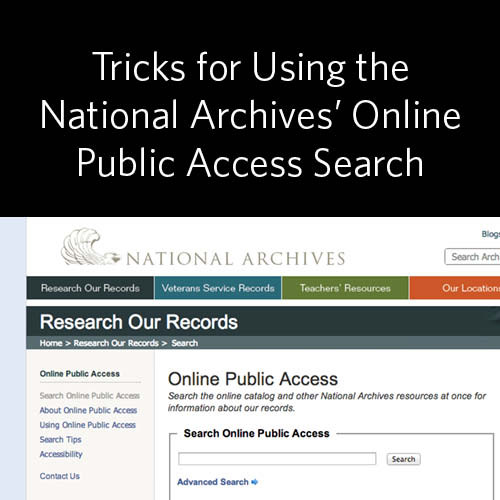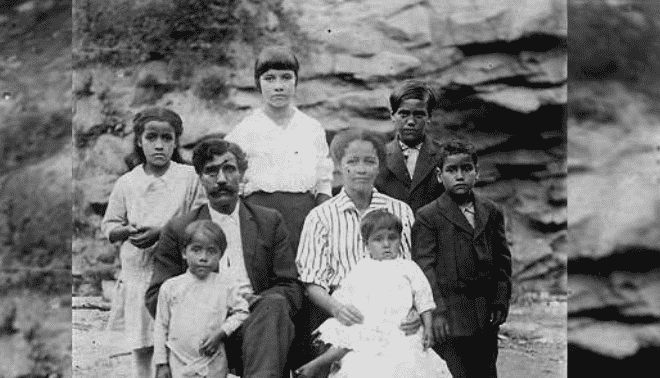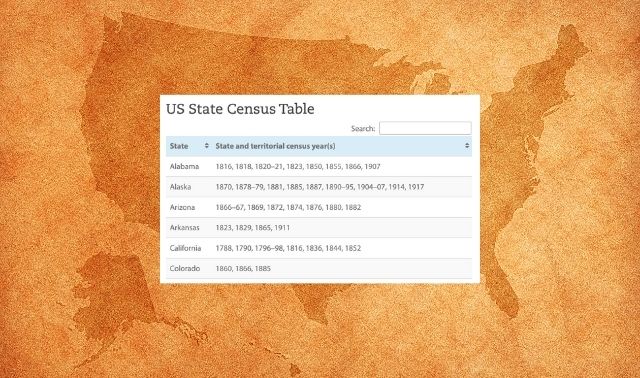Sign up for the Family Tree Newsletter Plus, you’ll receive our 10 Essential Genealogy Research Forms PDF as a special thank you!
Get Your Free Genealogy Forms
"*" indicates required fields
We’ve covered exploring record sites, setting a focus, online catalogs, finding guides and tips for digital research. So, are you ready to get started?
Tip 6. Get ready
Now that you’ve gotten all you can from the archives’ catalog and databases, it’s time to make practical preparations for your trip. Begin by looking for a link such as Visit the Archives or Plan Your Visit on the website. Read the information carefully, and then plan accordingly. Things you need to know include:
Operating hours
At many state archives, budget constraints have cut into the days and hours available for research. Be sure you have the latest information regarding operating hours, and avoid state holidays. To be on the safe side, call to confirm that the archives will be open with full service on the day you plan to visit. Be aware that archives stop pulling records well before closing time, so try to get there early in the day.
Directions and parking
Get clear directions and parking information in advance so you don’t waste time looking for your destination. Onsite parking may be paid or free. In some cities, you might need to park at a commercial lot or garage.
Fees
There’s no charge to do research at most state archives. Fees for photocopies of records and microfilm range from 10 to 50 cents per page. Some repositories accept only cash, and others only credit cards, so bring both.
ID cards
Bring your driver’s license or photo ID. Most state archives require you to register for an identification card or researcher’s pass when you arrive for the first time. Other repositories ask you to sign in with an entrance guard.
Restricted items
Certain items aren’t permitted in rooms where archival materials are handled. Count on tote bags, computer bags, backpacks, purses, fanny packs, coats, portable scanners and pens being prohibited in these areas. Folders, envelopes, and binders might be off-limits, too, and policies on USB drives vary. Check the archives’ website for specific restrictions. All archives offer lockers where you can store personal items. No food or beverages are allowed in research rooms.
What to bring
Remember to bring a copy of your research plan, either digitally or printed out. Laptops, tablets, digital cameras and cell phones are generally allowed, although you may need to get a permit to take photographs (without flash). You’ll also want paper or blank research logs to record your results and make notes. Bring sharpened pencils and a pocket wallet or coin pouch with your ID, money and credit card. If permitted, bring a USB drive.
Internet connection
Archives usually have WiFi-enabled computers for public use. In addition, many offer free WiFi for patrons who bring their own laptops.
Other concerns
The facility may have a gift shop with books, maps and other items. This is a good opportunity to pick up references on various aspects of the state’s history. Food may or may not be available on site. When in doubt, pack water and a snack to keep in your locker. Even archives without cafes usually have a sitting area where you can take a break.
Come back tomorrow for the last article in this series!
NARA’s new catalog, Online Public Access, makes it easier to find documents that could shed light on your ancestors lives. Learn tricks for tracking down the records you need in a single search. Become an expert today!
ADVERTISEMENT





